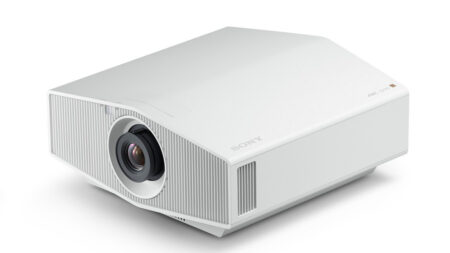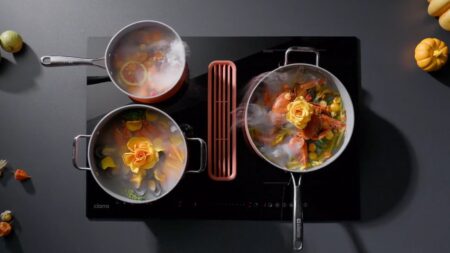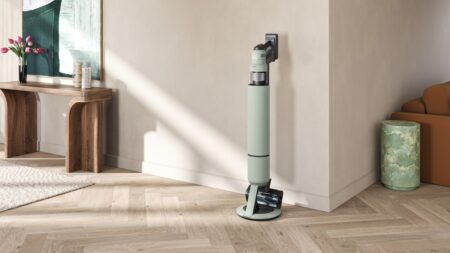Today when homes are dominated by smart devices, the need for seamless integration and interoperability within the smart home ecosystem is being felt the strongest. The Home Connectivity Alliance (HCA) has emerged as a transformative force in the scenario, heralding an era of open communication protocols and Cloud-to-Cloud (C2C) interoperability.
The introduction of the HCA Interface Specification 1.0 represents a monumental step toward achieving “any app to any device” interoperability, promising unprecedented convenience, energy savings, and enhanced benefits for consumers who should now be able to control a Samsung appliance with an LG app or vice versa. Recently, this cross-brand connectivity – to enable seamless control of all smart appliances – was confirmed by Samsung, LG, and Vestel at the IFA 2023 in Berlin.
Birth of the Home Connectivity Alliance
Founded in January 2022, the Home Connectivity Alliance now comprises 15 odd global smart home solutions manufacturers. Its primary objective is to bridge the gap between various smart home platforms through cloud-based interoperability, thus eliminating the siloed experiences that have plagued the smart home industry since its inception.
HCA’s Interface Specification 1.0 sets an industry standard for cross-brand appliance connectivity, focusing initially on long-life appliances such as HVAC systems and televisions within the connected home ecosystem. By establishing this framework, companies aim to pave the way for meaningful advancements in the smart home space for customer advantage going forward.
Also Read: Next Generation TVs That Stole the Limelight at IFA 2023
Interoperability in Action at Trade Shows
The Home Connectivity Alliance first showcased its vision for “any app to any device” interoperability at CES 2023. The demonstration featured solutions from multiple member companies, highlighting the potential of C2C connectivity. The efforts have been furthered by brands like LG, Samsung, and Vestel at the recently concluded IFA Berlin.
Samsung, LG Electronics, and Vestel have partnered to offer consumers the freedom to control third-party smart appliances using the app of their choice. The users of devices from either of these brands would be able to control them with any of the intuitive-to-use ThinQ, SmartThings, or VeeZy apps. This functionality will be available in eight countries, including the UK, the US, Germany, South Korea, Italy, Spain, and Turkey.
The Collaborative Consumer Benefit
In a future, where such a scenario can mature all-encompassing, users will no longer be burdened with juggling multiple manufacturer-specific apps. LG washing machine or a Samsung TV in your home will both be easily controlled through a single app.
Such convenience will make the smart home market more cohesive, enabling consumers to buy products from any brand and control their smart features with a standalone mobile app of choice to order food from a refrigerator, stream the Super Bowl game, or even set the room temperature to a desired setting well before entering.
Also Read: AI-Driven Robot Vacuum Cleaners Unveiled at IFA 2023
Prioritizing Consumer Safety and Data Privacy
While interoperability is a pivotal focus, the Home Connectivity Alliance is equally committed to ensuring consumer safety and data privacy. As smart devices continue to proliferate, and big data and data protection become paramount concerns, device manufacturers must shoulder the responsibility of safeguarding consumer data generated by connected devices.
This collaborative effort will then not only create a framework for C2C cross-control but also lay a strong foundation for future home connectivity. Where the solitary benefit of convenience is just going to be the beginning; energy savings and other meaningful benefits will be on the horizon for consumers.
Follow Homecrux on Google News!




